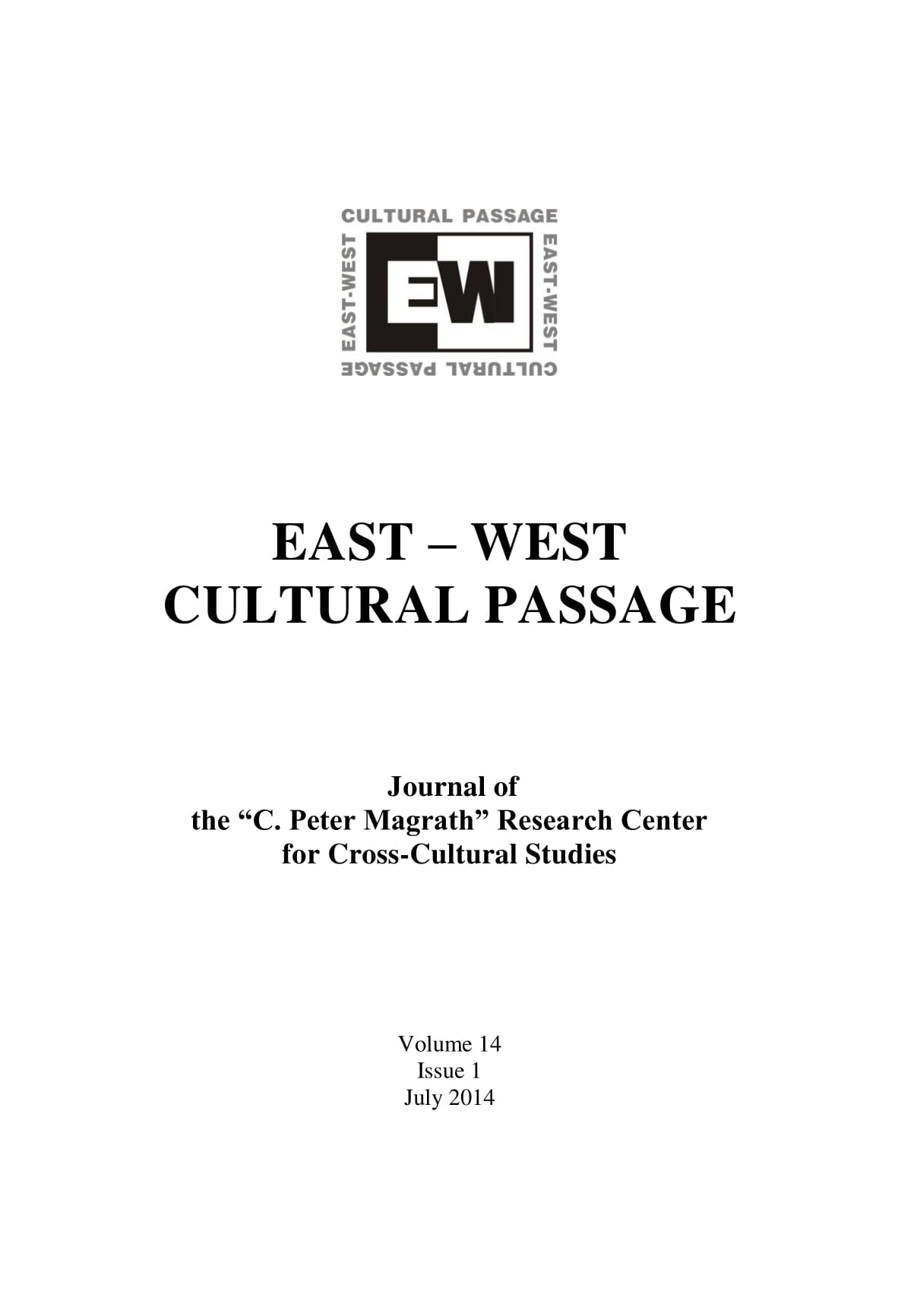Transcultural Narratives and Oriental Observers: Marana’s and Defoe’s Turkish Spy
Transcultural Narratives and Oriental Observers: Marana’s and Defoe’s Turkish Spy
Author(s): Elena ButoescuSubject(s): Novel, Turkish Literature
Published by: Editura Universitatii LUCIAN BLAGA din Sibiu
Keywords: modernity; transcultural narratives; Orientalism; Oriental observer; Turkish spy; cultural identity; “imperfect” translations; paratextual elements;
Summary/Abstract: The rise of the novel in “classic” modernity1 coincides with the invention of the native, usually Oriental, informant, who supposedly finds a manuscript in some secret drawer and decides to translate it and then have it published. In the seventeenth century, a mixture of personal remarks, political views, and historical as well as political observations was provided by Giovanni Paolo Marana's Esploratore Turco (1684), the first epistolary fiction which located an Oriental in Europe, namely the Turk Mahmut in Paris. This "bizarre ouvrage" generated the publication of Daniel Defoe’s Continuation of Letters Written by a Turkish Spy at Paris, which came out in print in 1718. This essay aims to examine the ways in which both Marana and Defoe used and abused the image of the Oriental observer in their attempt to re-imagine/invent and translate/construct new cultural identities on the passage from Europe to the Orient. The success and great popularity these texts enjoyed can tell us something of how a European narrator disguised as the Oriental Mahmut became a fervent advocate of the advancement of learning.
Journal: East-West Cultural Passage
- Issue Year: 14/2014
- Issue No: 1
- Page Range: 102-121
- Page Count: 21
- Language: English
- Content File-PDF

